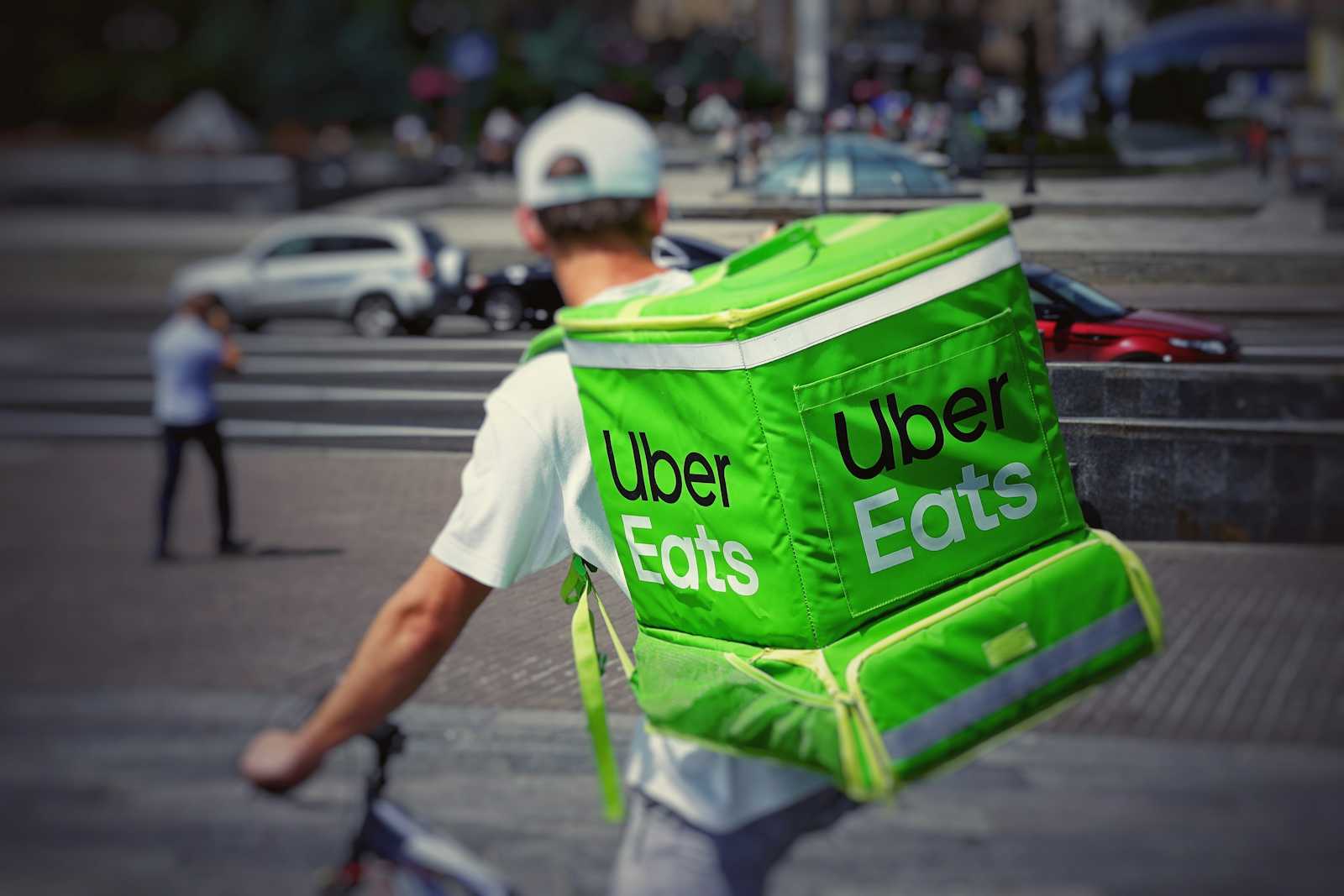low-level design (LLD) for a food delivery app
 Samrat X
Samrat X
Here is a low-level design for a food delivery app with the given requirements:
Database Design:
Restaurants:
Restaurant ID
Name
Address
City
Contact Information
Description
Operating Hours
Cuisine Types (e.g., Italian, Mexican)
Meal Types (e.g., Lunch, Dinner)
Menu Items (relationship to a separate table)
Ratings and Reviews
Users:
User ID
Name
Email
Phone Number
Address
Payment Information
Order History
Cart Items
Favorite Restaurants
Applied Coupons
Menu Items:
Item ID
Restaurant ID (foreign key)
Item Name
Description
Price
Cuisine Type
Meal Type
Availability
Orders:
Order ID
User ID (foreign key)
Restaurant ID (foreign key)
Delivery Boy ID (foreign key)
Status (e.g., Pending, Out for Delivery, Delivered)
Items (relationship to a separate table)
Total Amount
Tax Details
Payment Status
Delivery Address
Cart Items:
Cart Item ID
User ID (foreign key)
Item ID (foreign key)
Quantity
Subtotal
Delivery Boys:
Delivery Boy ID
Name
Phone Number
Vehicle Type
Availability Status
Completed Deliveries
Coupons:
Coupon ID
Code
Discount Percentage
Expiry Date
Minimum Order Amount
Applicable Restaurants (optional)
JavaScript Implementation:
Restaurant Registration and Profile Management:
// Restaurant registration
function registerRestaurant(restaurantName, address, city, contactInfo, description) {
const restaurantId = generateUniqueId();
const newRestaurant = {
id: restaurantId,
name: restaurantName,
address: address,
city: city,
contactInfo: contactInfo,
description: description,
operatingHours: [],
cuisineTypes: [],
mealTypes: [],
menuItems: [],
ratings: []
};
database.restaurants.push(newRestaurant);
return restaurantId;
}
// Restaurant profile update
function updateRestaurantProfile(restaurantId, updates) {
const restaurant = database.restaurants.find(r => r.id === restaurantId);
if (restaurant) {
Object.assign(restaurant, updates);
}
}
let uniqueIdCounter = 0;
function generateUniqueId() {
return uniqueIdCounter++;
}
User Registration and Profile Management:
// User registration
function registerUser(name, email, password) {
const userId = generateUniqueId();
const encryptedPassword = encryptPassword(password);
const newUser = {
id: userId,
name: name,
email: email,
password: encryptedPassword,
address: null,
paymentInfo: [],
orderHistory: [],
cartItems: [],
favoriteRestaurants: []
};
database.users.push(newUser);
return userId;
}
// User profile update
function updateUserProfile(userId, updates) {
const user = database.users.find(u => u.id === userId);
if (user) {
Object.assign(user, updates);
}
}
Search Restaurants:
function searchRestaurants(query, city) {
const regex = new RegExp(query, 'i');
return database.restaurants.filter(restaurant =>
restaurant.name.match(regex) || restaurant.city.toLowerCase() === city
);
}
Manage Menu Items:
// Add/update menu item
function updateMenuItem(restaurantId, itemId, updates) {
const restaurant = database.restaurants.find(r => r.id === restaurantId);
if (restaurant) {
const itemIndex = restaurant.menuItems.findIndex(item => item.id === itemId);
if (itemIndex !== -1) {
Object.assign(restaurant.menuItems[itemIndex], updates);
}
}
}
// Get menu items by cuisine or meal type
function getMenuItemsByCategory(cuisineType, mealType) {
const menuItems = [];
database.restaurants.forEach(restaurant => {
restaurant.menuItems.forEach(item => {
if ((cuisineType && item.cuisineType === cuisineType) ||
(mealType && item.mealType === mealType)) {
menuItems.push(item);
}
});
});
return menuItems;
}
Cart and Order Management:
// Add/remove item from cart
function updateCartItem(userId, itemId, quantity) {
const user = database.users.find(u => u.id === userId);
if (user) {
const cartItemIndex = user.cartItems.findIndex(item => item.id === itemId);
if (cartItemIndex !== -1) {
user.cartItems[cartItemIndex].quantity = quantity;
} else if (quantity > 0) {
const newCartItem = { id: itemId, quantity: quantity };
user.cartItems.push(newCartItem);
}
}
}
// Place order
function placeOrder(userId, restaurantId, deliveryAddress, items, totalAmount, couponCode) {
const user = database.users.find(u => u.id === userId);
if (user) {
const newOrder = {
id: generateUniqueId(),
userId: userId,
restaurantId: restaurantId,
deliveryBoyId: null,
status: 'Pending',
items: items,
totalAmount: totalAmount,
taxDetails: calculateTax(totalAmount),
paymentStatus: 'Pending',
deliveryAddress: deliveryAddress,
couponCode: couponCode
};
user.orderHistory.push(newOrder);
database.orders.push(newOrder);
}
}
// Get order status
function getOrderStatus(orderId) {
const order = database.orders.find(o => o.id === orderId);
return order ? order.status : null;
}
Payment and Coupon Management:
// Apply coupon
function applyCoupon(userId, couponCode) {
const user = database.users.find(u => u.id === userId);
if (user) {
const coupon = database.coupons.find(c => c.code === couponCode);
if (coupon && user.orderHistory.length > 0) {
user.orderHistory[user.orderHistory.length - 1].couponCode = couponCode;
}
}
}
// Make payment
function makePayment(orderId, paymentMode) {
const order = database.orders.find(o => o.id === orderId);
if (order) {
order.paymentStatus = 'Paid';
order.paymentMode = paymentMode;
}
}
Delivery Boy Management:
// Assign delivery boy to an order
function assignDeliveryBoy(orderId, deliveryBoyId) {
const order = database.orders.find(o => o.id === orderId);
if (order) {
order.deliveryBoyId = deliveryBoyId;
order.status = 'Out for Delivery';
}
}
// Get deliveries made by a delivery boy
function getDeliveriesByDeliveryBoy(deliveryBoyId) {
return database.orders.filter(order => order.deliveryBoyId === deliveryBoyId);
}
This is a simplified implementation, and there are many more features and functionalities that can be added based on the requirements. The code provided here serves as a starting point for the low-level design of the food delivery app.
Subscribe to my newsletter
Read articles from Samrat X directly inside your inbox. Subscribe to the newsletter, and don't miss out.
Written by
